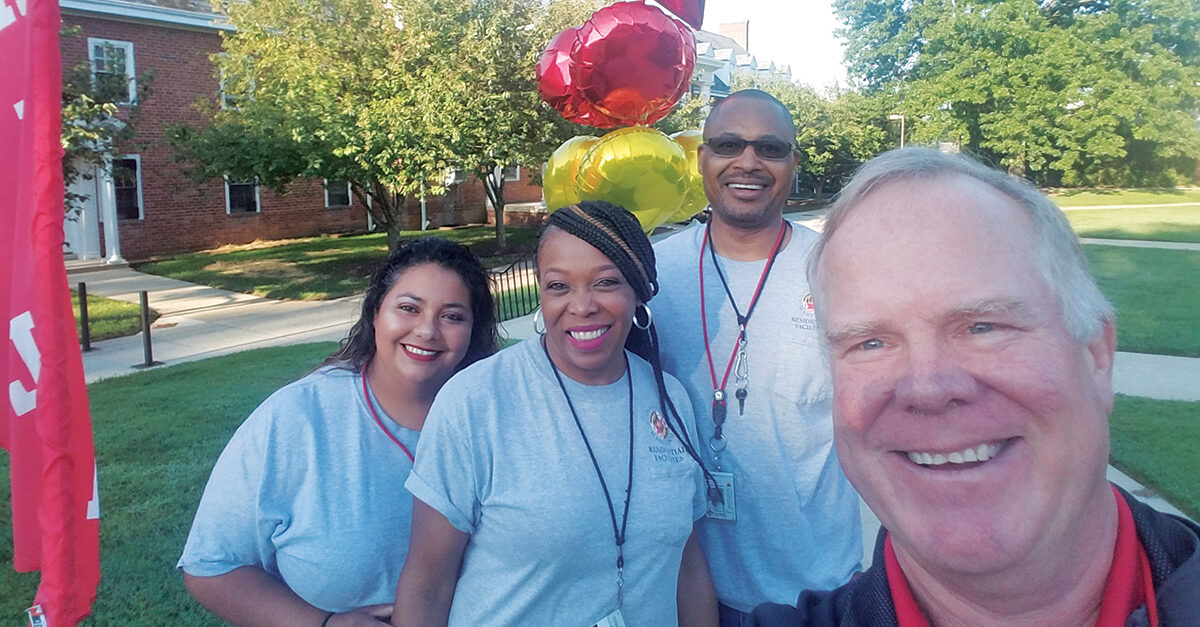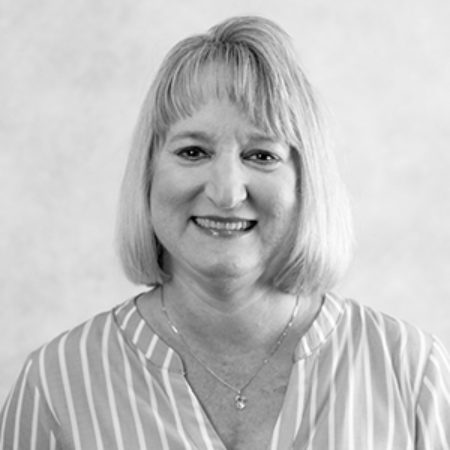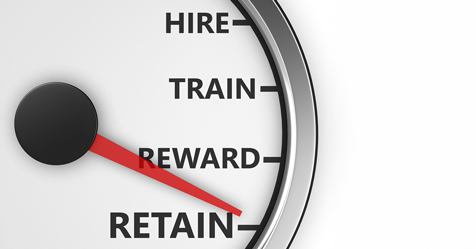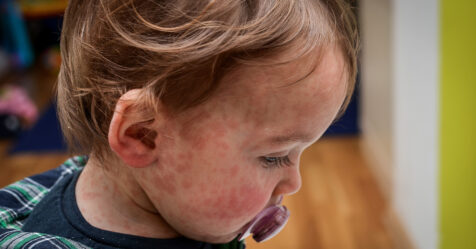The University of Maryland, College Park (UMCP) takes cleaning and professional training seriously in its Residential Facilities Department. The department, which is responsible for cleaning restrooms and other common areas in student housing, has been certified in ISSA’s Cleaning Industry Management Standards (CIMS) program for 12 years and the CIMS-Green Buildings (CIMS-GB) program since 2008.
“We were the first residential facility to get the Green Buildings certification when it came out,” said Jeffrey McGee, assistant director of building services in the Department of Residential Facilities at UMCP.
The department completed its CIMS/CIMS-GB recertification earlier this year, as it has faithfully every two years. This dedication paid off as staff were well-trained and ready to tackle the additional responsibilities of keeping themselves and students safe from COVID-19.
Housekeepers prepare for an unprecedented school year
Housekeeping staff underwent in-person training to familiarize them with student safety requirements and new cleaning protocols. Campus housing residents are expected to practice social distancing and wear masks to help stop the spread of COVID-19. Staff are increasing their cleaning frequencies, especially with restrooms and high-touch points.
“We are completely closing the restrooms to students when we clean them; we didn’t do that in the past,” said McGee, adding workers increased restroom cleaning frequencies from once to twice daily.
Students are doing their part by becoming more involved in trash pickup. “In the past students would place the trash from their rooms in the corridor trash bins and we would pull it from there,” he said. “Now the burden is on the students who must take their trash from their room outside to the dumpster.”
Housekeeping staff now have more time to clean and disinfect high-touch areas, including door pulls, pushes, and handles; elevator buttons; lounge surfaces; entrances; and stairwells.
Housekeepers meet new challenges
McGee said there have been very few hiccups in the new cleaning protocols. The biggest challenge has been the accumulation of trash in the dumpsters outside as students took their new duties seriously. Also, new campus dining policies have residents grabbing takeout and eating in their dorm rooms or outside instead of the cafeteria, which is also leading to more trash.
“Our initial challenge was to get campus grounds people to understand what was going on and to provide more services for the outside dumpsters,” McGee said.
In addition to student living areas, the residential housekeeping staff is responsible for cleaning some office spaces, and two recreation centers—one which is over 200,000-square feet. Staff are also cleaning isolation areas where students who have tested positive for COVID-19 are in quarantine. All housekeeping staff are wearing nitrile gloves and masks for protection and those in the isolation area are wearing N95 masks and gowns.
Whatever the challenge, McGee is confident the department can rely on its CIMS certification for guidance. “I think CIMS is helpful as a checklist to enable you and your department to focus on areas where you might have problems, remain vigilant, and not let things slip,” he said. “It provides affirmation we are following best practices and we are performing at the best and highest level we can.”




